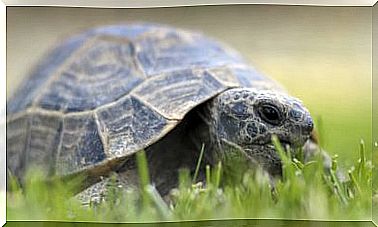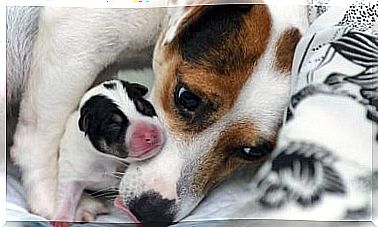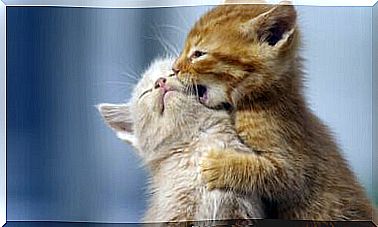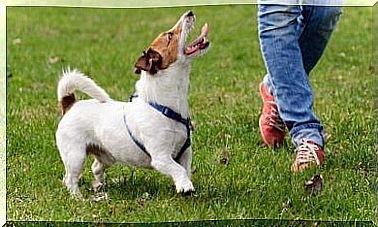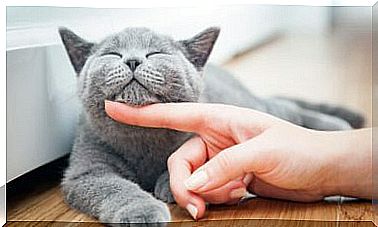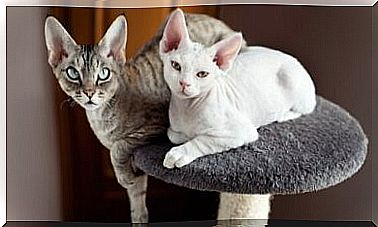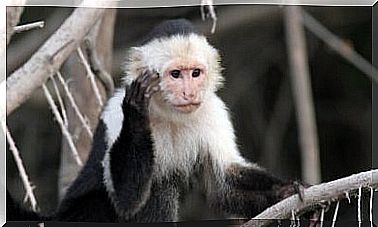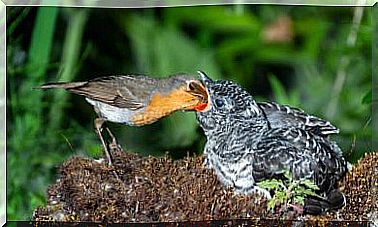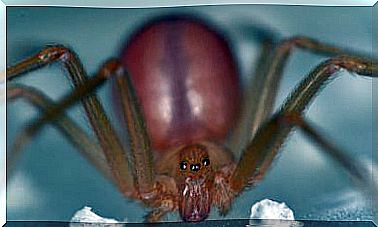The Ideal Space For Exotic Birds
Making the ideal space for exotic birds is not just about choosing a cage. Taking care of a bird’s surroundings also means recognizing and respecting its nutritional, hygienic and metabolic needs.
The captivity of exotic birds
The possession of some exotic birds finances wild animal trafficking. It is not allowed to breed in private captivity endangered animals of any kind.
Before choosing a species, it is essential to first find out if its domestic breeding is allowed. Toucans, for example, cannot be bred in captivity without a specific official certificate. The sale and possession of this animal leads to legal sanctions and penalties.
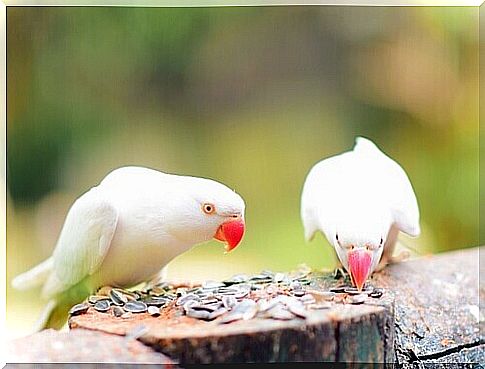
It is also important to know about the animal’s origin and consciously choose where to acquire it. It is not recommended to opt for purchases with individuals or stores without official registration.
How to choose the ideal bird cage
Consciously choosing the cage is the first step in building the ideal space for exotic birds. In it, the animal must feel safe to feed, rest and copulate.
The size of the cage must allow the animal to move freely. Space should also facilitate a hygienic routine. For example, the food place should never be in contact or too close to the tray where he needs to be. Otherwise, the risk of contamination by parasites is very high.
When the bird is able to live free in the place, the cage can be smaller. Parrots and cockatoos are often easily trained to live in freedom and not escape. In these cases, the cage can be 3 to 4 times the size of the animal.
A suitable space
If you have larger wild birds and/or are used to migration, raising them in the wild can be a risk. In these cases, cages should be at least 6 or 7 times the size of the animal. And it is often recommended to create a large glass-walled nursery.
It is important to have toys inside the cage to distract and encourage the bird to exercise. Although few people know, many domestic birds are overweight due to sedentary lifestyle. Birds are very active and can get restless or aggressive when they get bored.
Adequate food
Feeding wild birds encompasses very varied diets. There are naturally carnivorous, insectivorous, granivorous and fructivorous birds. Each species adapts to a type of diet, which depends from the shape of the beak to its digestive system.
Food preference is mainly linked to the habitat of each species. Each ecosystem has specific fauna and flora. The milder the climate, the more varied and abundant the availability of food. When we talk about the diet of a bird in captivity, the ideal is to prefer a commercial mixture specific for the species as a base. These products offer balanced proportions of grains, seeds and vegetables.
It is highly recommended to supplement your domestic bird’s diet with fresh and natural elements (preferably organic). As with the basic diet, the complement depends on the species.
Examples
Macaws are very prone to obesity, so their diet is composed of 60% to 70% of seeds. Complemented with 25% to 30% of vegetables and 5% to 10% of nuts.
Gray parrots need a high level of minerals and calcium. About 70% of their diet is based on seeds and 30% on vegetables, fresh and dried fruits.
Birds from the Amazon have 40% of their diet composed of fresh fruits and vegetables, 30% of seeds and 20% of dried fruits and mixes prepared for birds.
Hygiene
Birds are very clean animals and, in captivity, are vulnerable to infections by internal and external parasites. These microorganisms can easily spread throughout the cage and accessories.
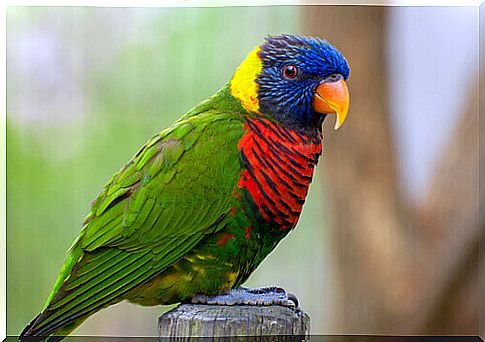
Therefore, it is essential to sanitize the space of your domestic bird at least twice a week. The necessities tray and food leftovers must be collected and washed daily.
Food and/or excreta should not be accumulated at the bottom of the cage, in the eater and/or in the drinking fountain. All accessories must be thoroughly disinfected to prevent the proliferation of fungi and bacteria.
In pet stores, there are specific products that help fight different types of parasites in birds. Especially when it comes to red mites, which can cause serious problems for your pet’s fur and feathers.
Another good hygiene practice is to periodically check your bird’s feet, feathers and beak. When you notice any sores, irritations or hardening, it is important to take them immediately to a bird specialist.
Pay attention to all this and create an ideal space for exotic birds.
